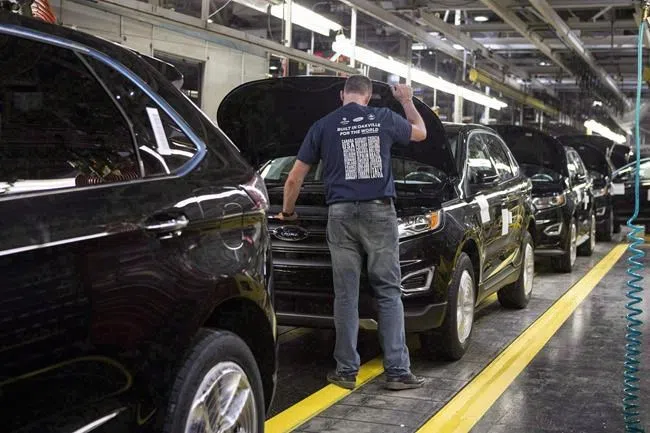
Study: New NAFTA auto rules would act as a multibillion-dollar tax, hurt sales
WASHINGTON — New NAFTA rules could increase the cost of a car by hundreds or even thousands of dollars, act as a multibillion-dollar tax and ultimately hurt sales as consumers keep their wallets shut, a new study predicts.
The study by the Center for Automotive Research attempts to assess the impact of proposals under consideration as the three North American countries huddle in a marathon negotiating session in Washington.
Negotiators are refining a plan that would require that every car include more North American parts; use primarily North American steel; and favour production in high-wage jurisdictions, meaning the U.S. and Canada.
The study calculates that at least 46 vehicle types currently produced on the continent would fail to meet these new standards, a dramatic increase in the number of products that fail to comply with existing NAFTA rules.
